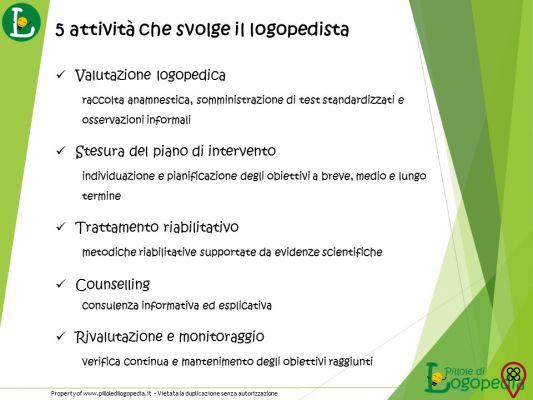Cloudy mind, difficulty making decisions, effort to remember simple things... If you've noticed signs like these during social isolation, you may have developed what scientists have been calling a "pandemic brain".
Because of exposure to a long period of stress (after all, more than two years of a pandemic), some areas of our brain began to be affected by the release of cortisol. This hormone impacts not only the functioning of certain brain regions, but also their size.
This is a finding by Barbara Sahakian, a professor of Clinical Neuropsychology at the University of Cambridge, who has been working since 2021 in partnership with other researchers at Fudan University to assess the brain effects of social isolation. They noticed that imaging studies of people in isolation indicated increased volume in the temporal, frontal, occipital and subcortical regions, in addition to the hippocampus and amygdala.
The result could be felt in practice, with damage to memory and concentration, as we will see below.
Pandemic: burnout, stress and mental health
Contrary to what many imagine, stress is not always a negative thing. That adrenaline we feel when we need to deliver a work assignment on a tight deadline, in addition to stimulating, is fleeting. The problem is when that feeling lasts for too long.
If you work in a stressful environment, in which demands happen all the time, the situation can reach an unsustainable level of stress - it's called burnout. The syndrome happens when there is exhaustion to the point that the body itself demands rest.
As a result, you feel unproductive, irritable, extremely exhausted and with the feeling that nothing is going to go right.

That's because, in the case of burnout, chronic stress shrinks the prefrontal cortex, which is the part of the brain that helps us make good decisions, focus, retain memory, and learn new things.
This is precisely what happened during the pandemic – only in much greater proportions. Social restrictions and the uncertainty of what would happen in the coming months created a terrible climate of insecurity in all of us. Such stress compromised important areas of the brain, such as the hippocampus and amygdala.
No wonder it is so common to hear people complaining about forgetting important meetings or familiar words, since the hippocampus is the great “file” of memory. The amygdala, in turn, is responsible for emotions, hence the predominance of post-pandemic anxiety and depression.
But how to differentiate the pandemic brain from common stress or other mental health disorders? See below.
Signs that you may have a pandemic brain
There are some signs common to all those who have developed what scientists have called a pandemic brain. Let's see next.
You have forgotten things too often
As we have seen, the hippocampus is one of the areas most affected by excessive stress, compromising memory. As it is a region that loses its effectiveness over time, the elderly are usually the most affected, but children can also present difficulties.
You can't absorb new things as easily

The hippocampus is also responsible for learning processes. Therefore, its decrease can disturb concentration. Special alert with children who are in full stage of social and language development.
You change your mood constantly
Various parts of the brain are sensitive to cortisol, including those linked to emotional well-being. If you notice mood swings very often, stay tuned.
You feel a little “lost”
Another effect of cortisol has to do with the ability to multitask and make informed decisions. It is proven that chronic stress directly affects our thinking, hence the sensation of “brain fog”.
You feel extremely unstable
The pandemic was tougher for some than others. If you have lost a loved one or worked on the front lines of the fight against Covid-19, post-traumatic stress disorder is to be expected. This can lead to even greater suffering, associated with mental disorders such as depression and anxiety.
You have trouble sleeping or eating

As a consequence of all the signs mentioned above, there are problems when it comes to regulating sleep or appetite. These symptoms are a direct reflection of what is going on in your mind.
Is it possible to reverse this situation?
As with any loss or catastrophe situation, it is possible to overcome. It won't be overnight, because even though the pandemic is showing signs of improvement, it still exists. The process will be slow and gradual, but it will happen.
To make this a little easier, here are some tips:
- Always wake up at the same time
- balance the diet
- Do physical exercises frequently
- Play memory or board games
- learn a new language
- Play a musical instrument
- Do handicrafts such as knitting and crocheting
- Adopt the habit of reading
- break the routine
- To meditate
- Learn new technology functions
- Write about your memories
In addition to these, there are still many other options. So encourage creativity!
You may also like
- Reflect on the lessons left by social isolation
- Understand how the pandemic has increased the amount of psychological disorders
- Check out tips on what to do to improve mental health in the post-pandemic
The pandemic brain is a phenomenon that affects a large part of the world's population, so don't despair, you are not alone. If the problem persists or gets in the way of your personal and professional life, do not hesitate to seek psychological help.

























